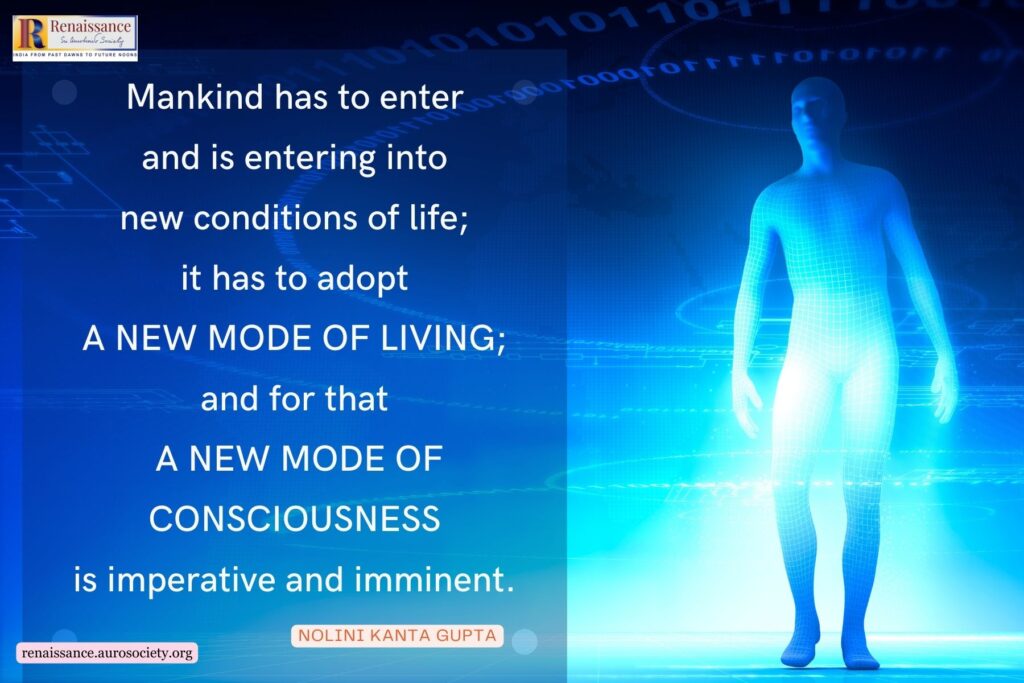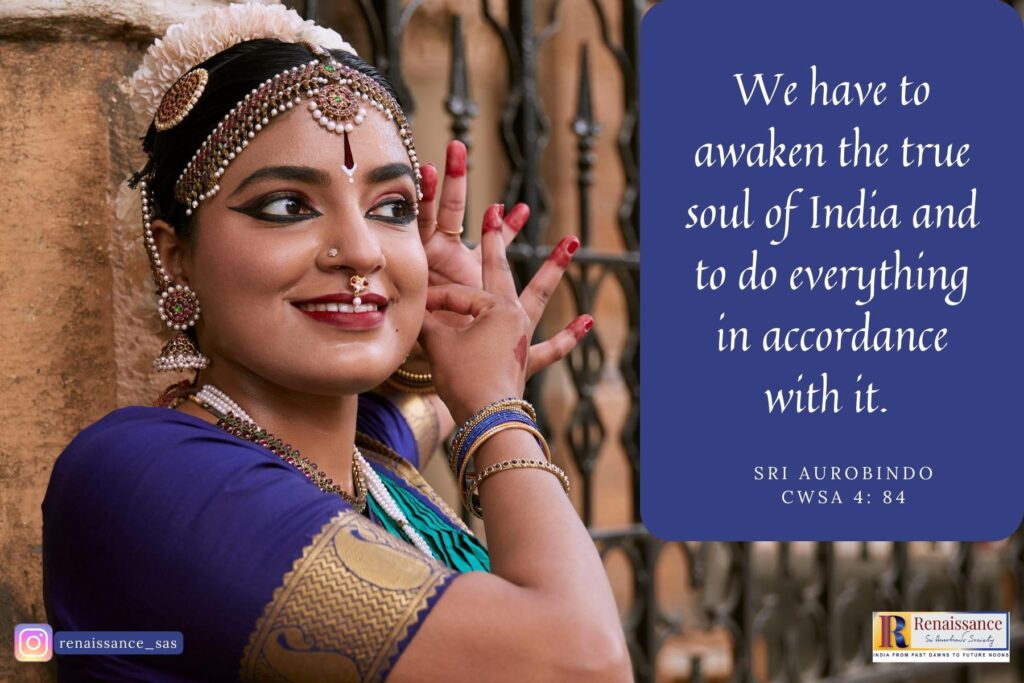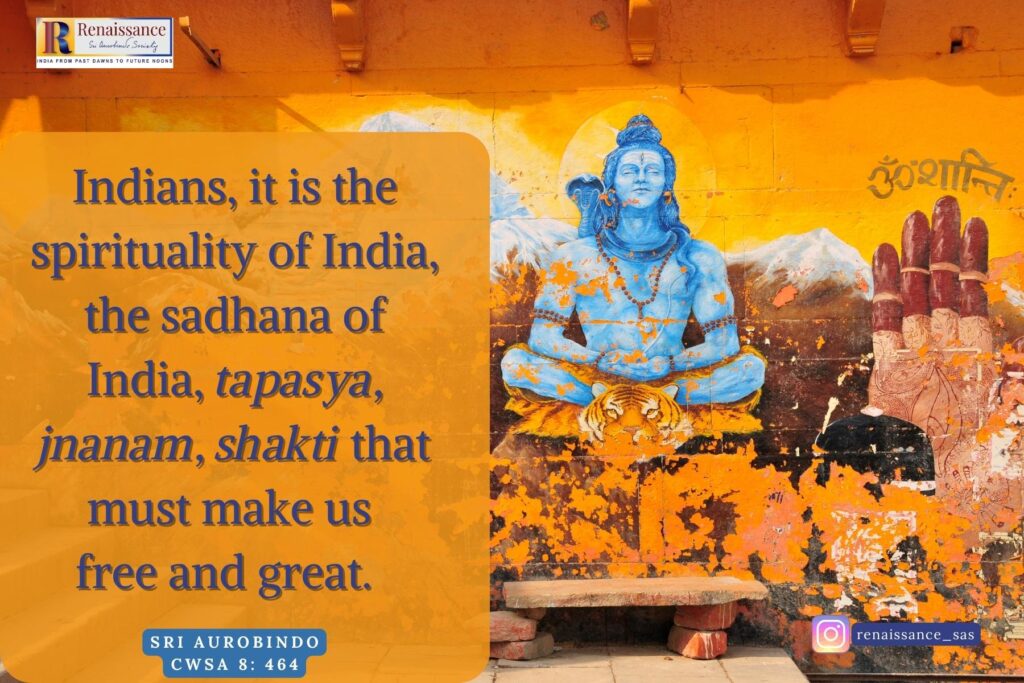Author: Agali Venkappa Sastri
Continued from Part 7
NATIONALISM AND PEOPLE
Nations are real entities, and if they take up the business of living in earnest, they cannot help evolving each a type of its own nationalism. Each nation is bound to evolve a pattern of its own, its outlook, its line of practical endeavour, its ethos.
In a brilliant essay titled What is a Nation, Harold Stannard says: “When the last nation has finally passed into history, it will be possible to define nationalism. Meanwhile we can but note certain outstanding phases of a developing idea.” Nationalism, as we know it today, has taken long to develop itself. The form it has now assumed is not by any means the final.
Nationalism is the incarnation of the soul of a people. If a great nation emerges that can creatively, spiritually build itself, nationalism may present a novel face, an unprecedented political type. If the beginnings of nationalism can be hardly recognised for such, its possibilities in the future may exceed all our present imaginings.
Sri Aurobindo envisages a future for the Indian nation for which there is no example or exact parallel in history, a new type of people lifting nationalism to a new pinnacle justifying the separate existence, separate effort of a whole people in fundamental unity with entire humanity.
Nationalism has a physical basis, a geographical, material, objective aspect. But the real body is not the land but the people who inhabit the surface of the earth. So viewed the objective becomes the subjective. Writers on nationality include territory under the objective factors. But territory and the human portion are indissolubly wedded and a deeper subjective view is possible.
Land is the basic earth-principle, the material manifestation. The people thereon are the living, animate, sentient part of it. When this entity proceeds to discover its inner life and arrives at its deepest self, there stands forth a corporate soul, Narayana. But many are the pitfalls on the way.
Egoism comes to be mistaken for the self, the individual is immolated to collective egoism and great national folly and turpitude such as illustrated by the exaggerated German ego are committed. In an organic view the land and the people are fused into a single centre of consciousness, assume a living personality and the nation is inspired to heroic endeavour.
Nationalism, ultimately considered, is what binds a people together, what gives them a sense of kinship and confraternity. The people may be composite. They may be speaking various languages. But a common destiny compasses all who inhabit a common portion of land.
The explanation of community life as the product of historical circumstances, common memories, common struggles, common triumphs, common failures, fails to satisfy. The human collectivity is prior to history, subjectively regarded. It reaches back to identity of being, primordial oneness.
The truth of history consists in the objective working out of consciousness, in devising an appropriate framework of living, in making life a rhythm of the Spirit. We come to share a common lot or experience. This undoubtedly reinforces our essential identity, but it is the oneness of substance, oneness of origin, unity in God of which we are all portions that is the secret of all subsequent historical evolution.
History sometimes errs, takes a wrong turn when the truth of spirit is infringed, when false forms and false external ways are pursued, when the vital dominates. That is why it becomes a zigzag, an experiment.
But the only road to correcting the lapses of history is not to fetch “pragmatic sanctions” but return to our inner, our inmost apprehension of ourselves, to the Real-Idea enabling us at once to see and execute. This is what Sri Aurobindo means by “operative insight, now supernormal to us,” “an immediate, intuitive consciousness of things and an immediate intuitive control of things.” (CWSA, Vol. 22, p. 1076)
Were this path chosen, history would be a progressive ascent, not “meandering with a mazy motion,” (Coleridge) a line of trial and error. But ultimately the “stress of the hidden spirit” (CWSA, Vol. 13, p. 64) will force itself to the surface and the human march is assured.
The herd-instinct is said to be the source of community living. This too is more an objective than a subjective view of the human group. We become one, because we are one. We draw together, herd, because to do so is a necessity of our being.
A spiritual oneness, mutuality, an inherent consciousness of our identity is the psychological source of our collective living. The outward association, the herd is but an expression of the impelling urge in us.
“A common memory and a common ideal – these more than a common blood – make a nation.” So says Renan in his famous essay emphasising the cultural over the racial element. A common divinity, a something prior to all memory, a common destiny, a something more imperative, more inescapable than an ideal binds us together. We are all one in God. We lose consciousness of this at birth which is the beginning of division. But the sense of unity, of fundamental oneness abides and makes man a gregarious animal.
Common memory refers to a chain of historical happenings, but the consciousness of unity, the secret intention of Nature, is prior to all history. Common ideal refers to our strivings in the present, man’s conscious activity, speculation and mental idealism. There is an ineluctable something that determines the direction of our endeavours and the fruit thereof.

Land is the primary basis of nationality. Race, religion, language all come next. A common land is the pledge of a common consciousness. It may begin with an attachment to the land, it will thence pass to the people and subjectively lead them to the discovery of the soul of the nation.
Given a well-defined, territorial unit, a life of harmony and mutuality within the area is inevitable early or late. A conception embracing the whole land, a vision of the Mother is all that is needed. That took hold of the consciousness of the race since Bankim gave the Mantra.
Once that vision has come to a people, there can be no rest, no peace, no farther slumber till the temple has been made ready, the image installed and the sacrifice offered. A great nation which has had that vision can never again bend its neck in subjection to the yoke of a conqueror.
~ CWSA, Vol. 1, p. 641
The prophecy is since fulfilled and it will accomplish itself yet further.
A free and united India will be there and the Mother will gather around her her sons and weld them into a single national strength in the life of a great and united people.
~ CWSA, Vol. 36, p. 497
Political divisions have no permanent force as long as the country is one. People dwelling in one country, however diverse they may happen to be, will be driven to know each other intimately and cooperate towards the solution of common problems which can neither be put off nor disingenuously met.
Geography lays on the people a need which cannot be denied; it favours physical contact and commerce, unity at the gross level too, – what, given spiritual perception and spiritual oneness, renders possible unity in the complete sense, the earth-sense too no less than the spirit-sense of it all.
In the poetic words of Sri Aurobindo:
The feeling of almost physical delight in the touch of the mother soil, of the winds that blow from Indian seas, of the rivers that stream from Indian hills, in the sight of Indian surroundings, Indian men, Indian women, Indian children, in the hearing of Indian speech, music, poetry, in the familiar sights, sounds, habits, dress, manners of our Indian life, this is the physical root of that love.
The pride in our past, the pain of our present, the passion for the future are its trunk and branches. Self-sacrifice, self-forgetfulness, great service and high endurance for the country are its fruit. And the sap which keeps it alive is the realisation of the Motherhood of God in the country, the vision of the Mother, the knowledge of the Mother, the perpetual contemplation, adoration and service of the Mother.
~ CWSA, Vol. 7, p. 1119



